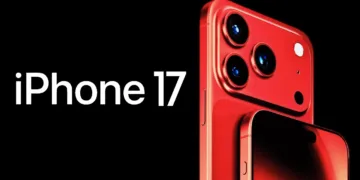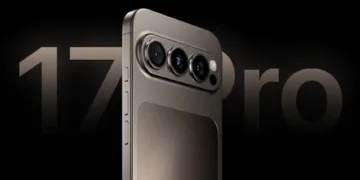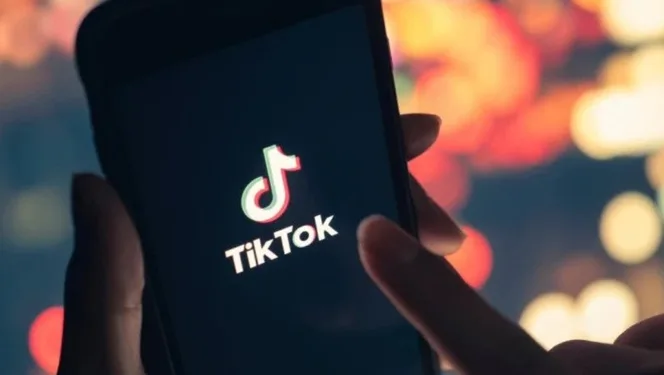The spotlight is once again on TikTok privacy concerns in Australia, as the federal government intensifies scrutiny of the popular social media app amid mounting fears about user data privacy and national security. This comes on the heels of global investigations and potential bans in several countries, including the United States, as authorities grow increasingly uneasy about the app’s ties to China and its parent company, ByteDance.
TikTok, which boasts over one billion users worldwide and millions in Australia, has become a cultural phenomenon. But its growing influence is now being matched by growing distrust, with governments demanding answers over how the app collects, stores, and shares user data.
In Australia, these privacy concerns have prompted new discussions among policymakers, tech regulators, and cybersecurity experts. With recent reports suggesting TikTok may have shared user information with third-party entities, including those linked to foreign governments, the Albanese government has called for a renewed investigation into the platform’s practices.
A Growing Global Issue with Local Implications
The TikTok privacy concerns Australia is not an isolated issue. It’s part of a broader international movement pushing for more accountability and transparency from major tech platforms. Governments in the U.S., UK, Canada, and parts of Europe have already taken significant steps—ranging from banning TikTok on government devices to introducing legislation that limits its operation entirely.
Australia has so far taken a cautious yet proactive stance. The Australian Signals Directorate (ASD) and the Office of the Australian Information Commissioner (OAIC) have reportedly increased their monitoring of TikTok’s data handling practices. While the app is still accessible across the country, officials have hinted that a national policy review could lead to tighter restrictions, especially on government and educational devices.
What Are the Privacy Concerns?
At the core of the TikTok privacy concerns in Australia lies the question of where data goes and who can access it. Cybersecurity experts warn that the app’s algorithms and data collection systems gather more than just basic user preferences. Location data, device information, browsing history, keystroke patterns, and voice inputs are among the many types of personal data that TikTok can potentially access.
The real concern is whether this data is being stored securely and if foreign entities—particularly the Chinese government—have any level of access or influence over it. Although ByteDance has consistently denied sharing user data with the Chinese Communist Party, sceptics remain unconvinced, especially given China’s strict laws requiring companies to cooperate with state intelligence efforts.
Australian Politicians and Regulators Weigh In
Members of Australia’s parliament, including some from the opposition, have publicly supported stronger measures. Senator James Paterson, a long-time critic of China’s influence in digital platforms, recently urged the government to consider a broader national security framework to deal with foreign-owned tech companies operating within Australia.
Home Affairs Minister Clare O’Neil has acknowledged the growing anxiety surrounding TikTok and reaffirmed the government’s commitment to protecting Australian citizens from potential data breaches or misuse.
“The safety and privacy of Australians is our top priority,” O’Neil said. “We are working closely with our cybersecurity agencies to ensure that no app, platform, or company undermines national interest or individual privacy.”
Public Sentiment and Youth Concerns
TikTok’s core user base—teenagers and young adults—remain largely loyal to the platform, but that may be changing. A growing number of Australians, especially parents and educators, are beginning to question whether the app is safe for younger users. Digital rights advocates have also pointed out the app’s lack of transparency around how underage user data is handled, stored, and possibly profiled.
Calls are growing louder for digital literacy programs in schools that educate students about data privacy, and some Australian universities have already started reviewing the use of TikTok on campus networks.
What Could Happen Next?
If TikTok fails to adequately address the privacy concerns in Australia, it may face a number of possible outcomes. These include:
- A nationwide ban on government-issued devices, similar to what other countries have implemented.
- Stricter regulations and oversight from privacy watchdogs such as the OAIC.
- Data localisation requirements, mandating that all Australian user data be stored within national borders.
- Fines or sanctions for non-compliance with Australian privacy laws.
While a total ban on TikTok remains unlikely in the immediate term, experts agree that increased regulation is inevitable. The government may also introduce new digital privacy legislation later this year aimed at safeguarding Australians from international data exploitation.
TikTok’s Response So Far
TikTok has attempted to assure Australian users and regulators that it takes privacy seriously. The company claims that it has moved Australian user data to servers in the United States and Singapore, and that Chinese-based employees no longer have access to this data. However, critics argue that without third-party audits and complete transparency, these claims remain difficult to verify.
TikTok Australia representatives have also committed to cooperating fully with any government-led investigation, stating that their operations are in full compliance with local laws.
Conclusion
As the global spotlight continues to shine on TikTok, the TikTok privacy concerns in Australia are no longer hypothetical—they are real, pressing, and demand clear answers. Whether the platform can regain trust in an increasingly cautious digital world remains to be seen.
In the meantime, Australian users, particularly the youth, are being encouraged to stay informed about the apps they use daily and consider how much of their personal data is being shared—willingly or unknowingly.



























